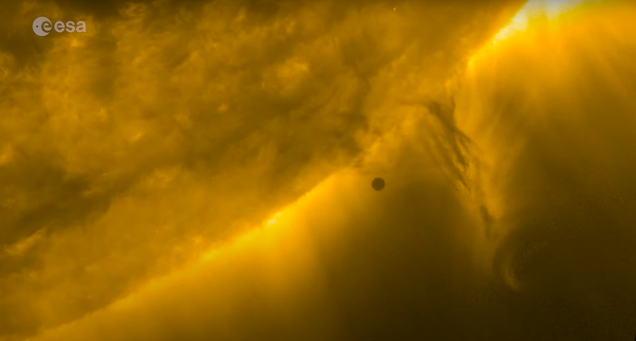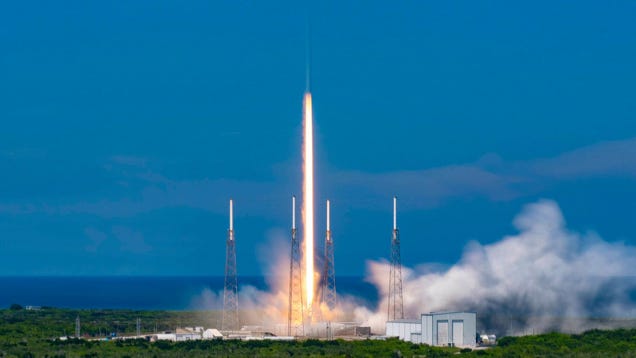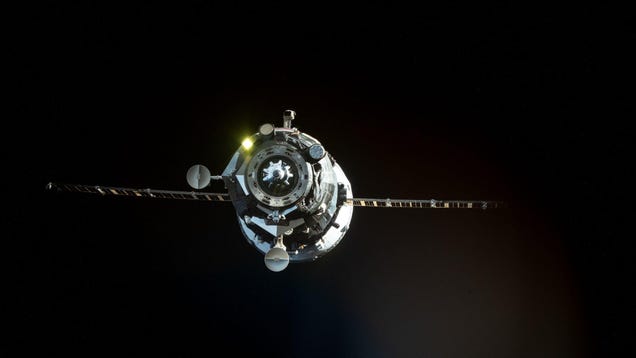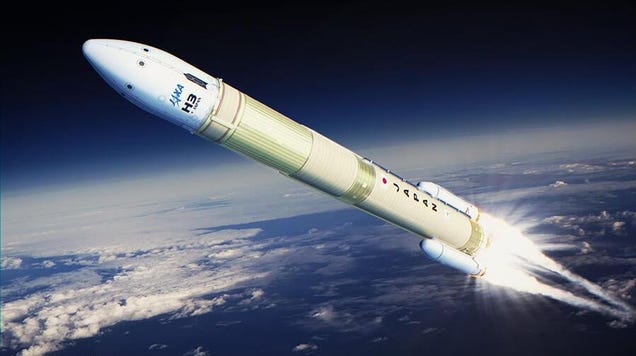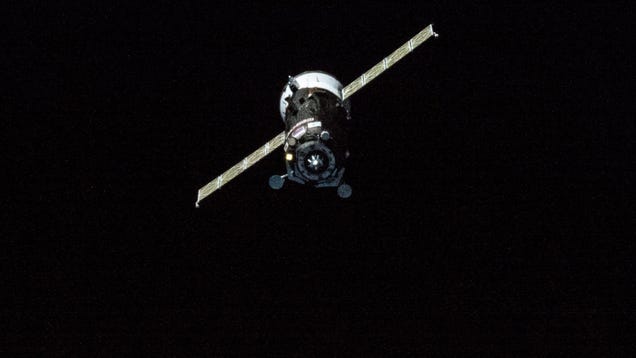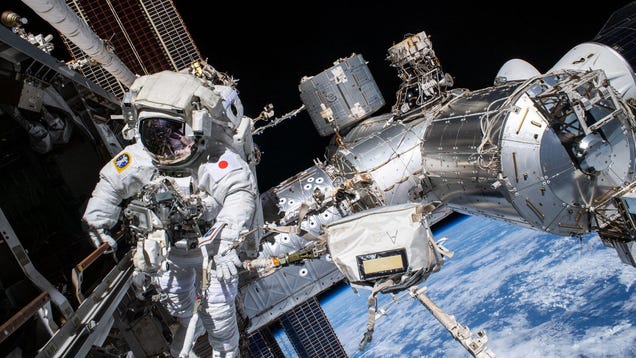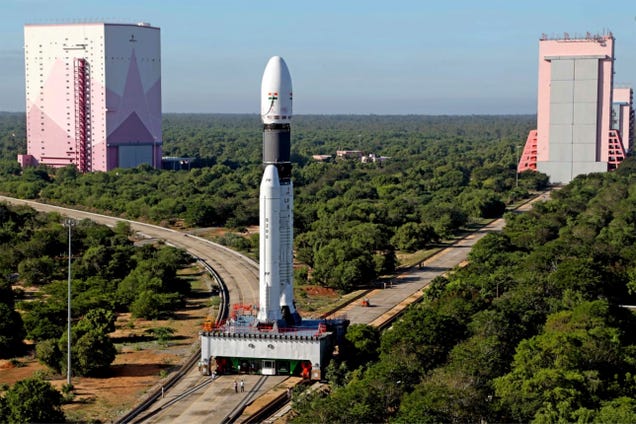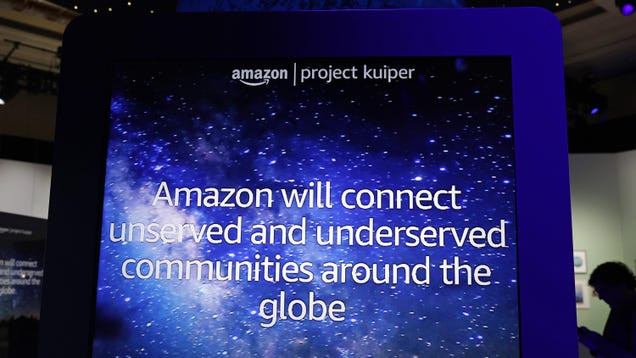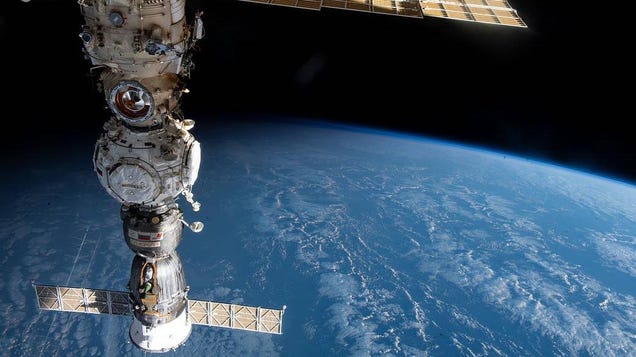
The recent Progress 82 coolant leak was caused by an “external impact” and not some kind of manufacturing defect, Roscosmos is now claiming. At the same time, the Russian space agency is still having to deal with the fallout from the Soyuz MS-22 coolant leak in December, with plans to launch the replacement vehicle…

